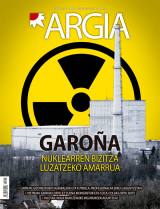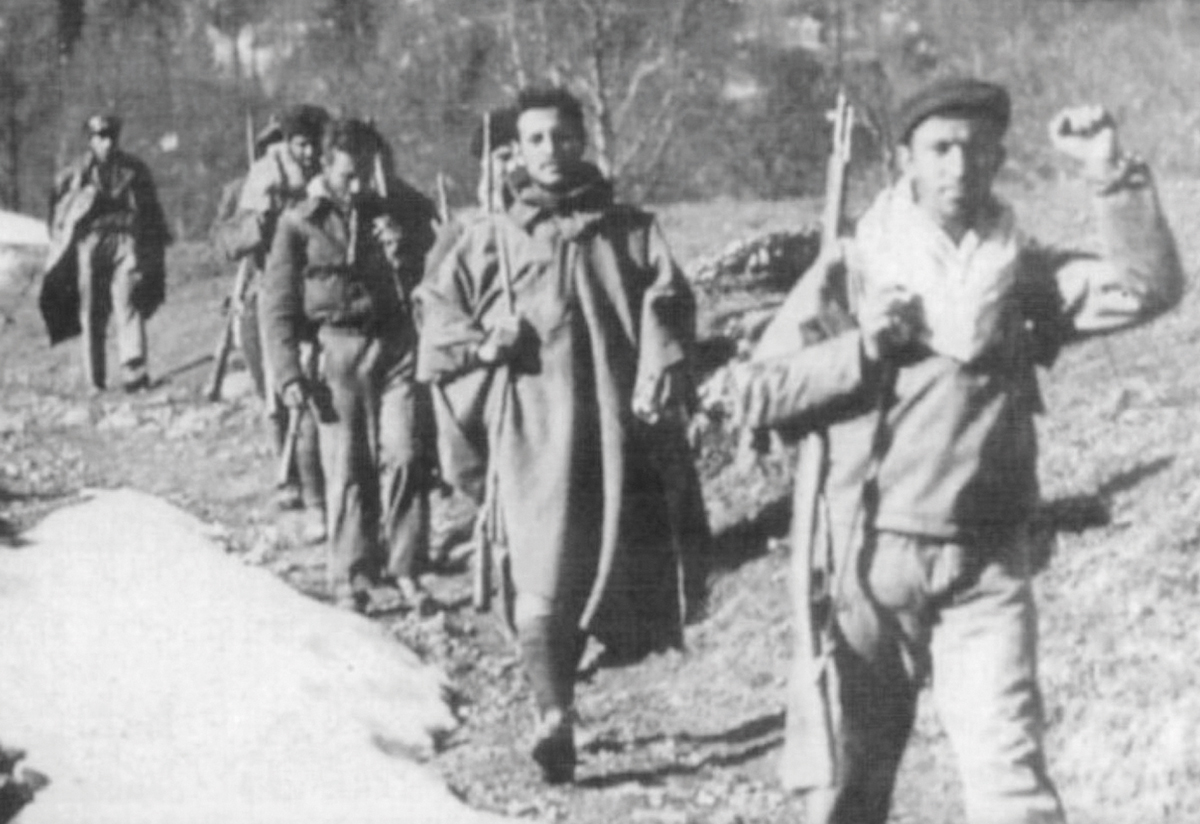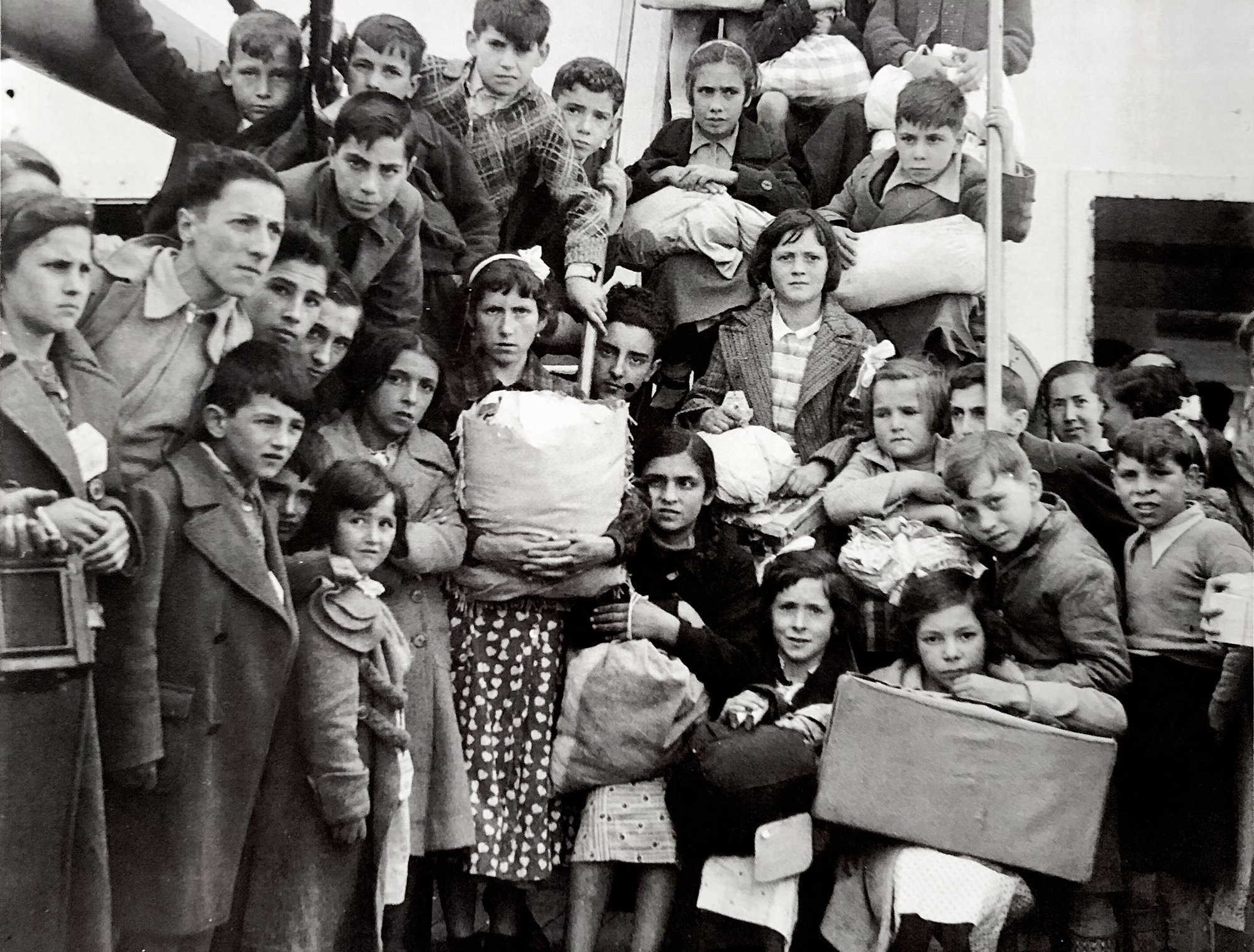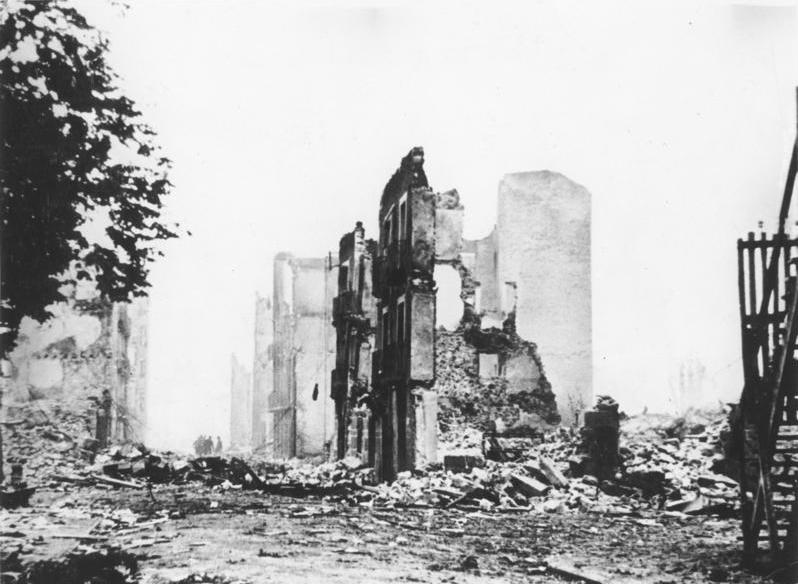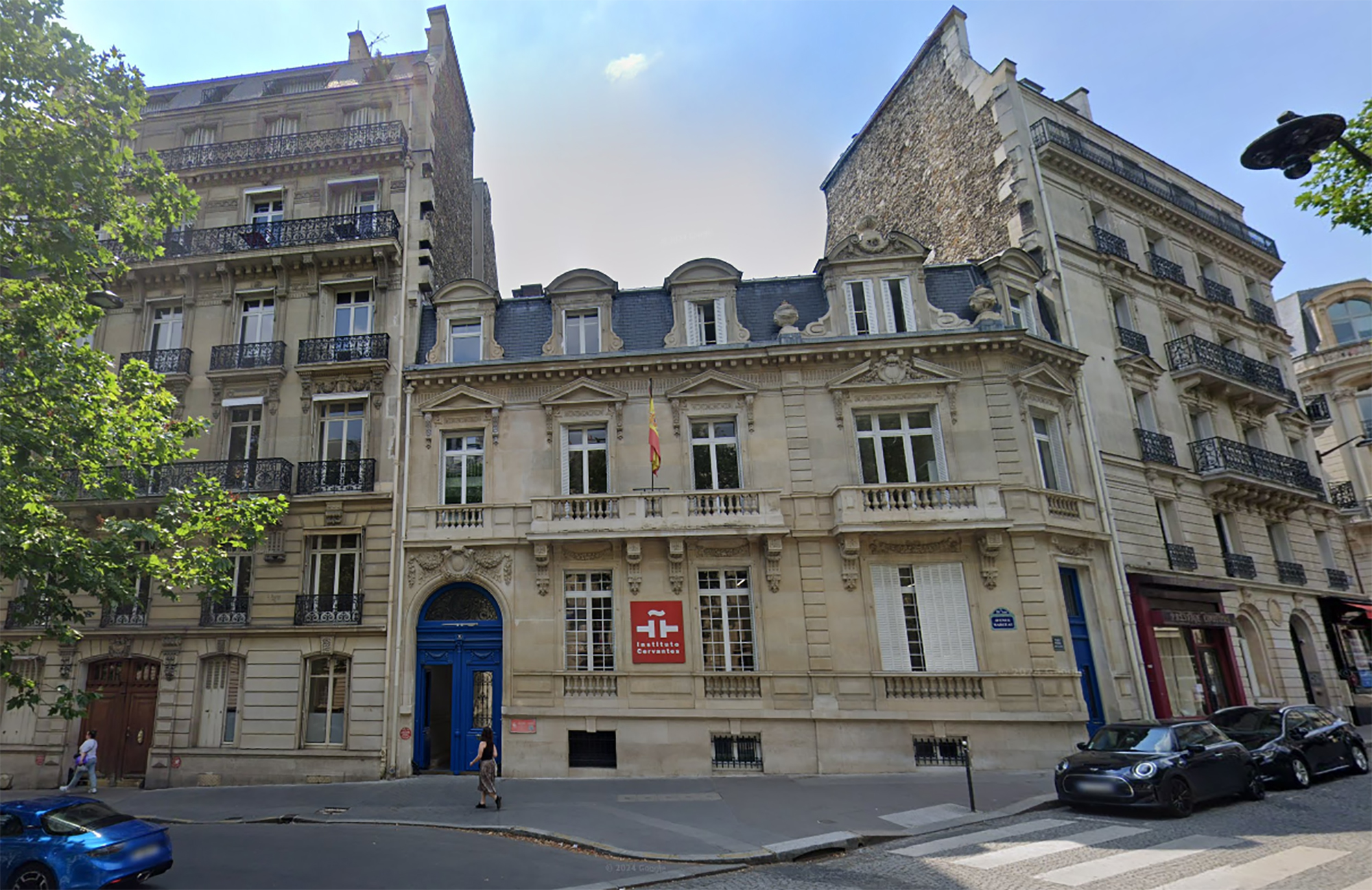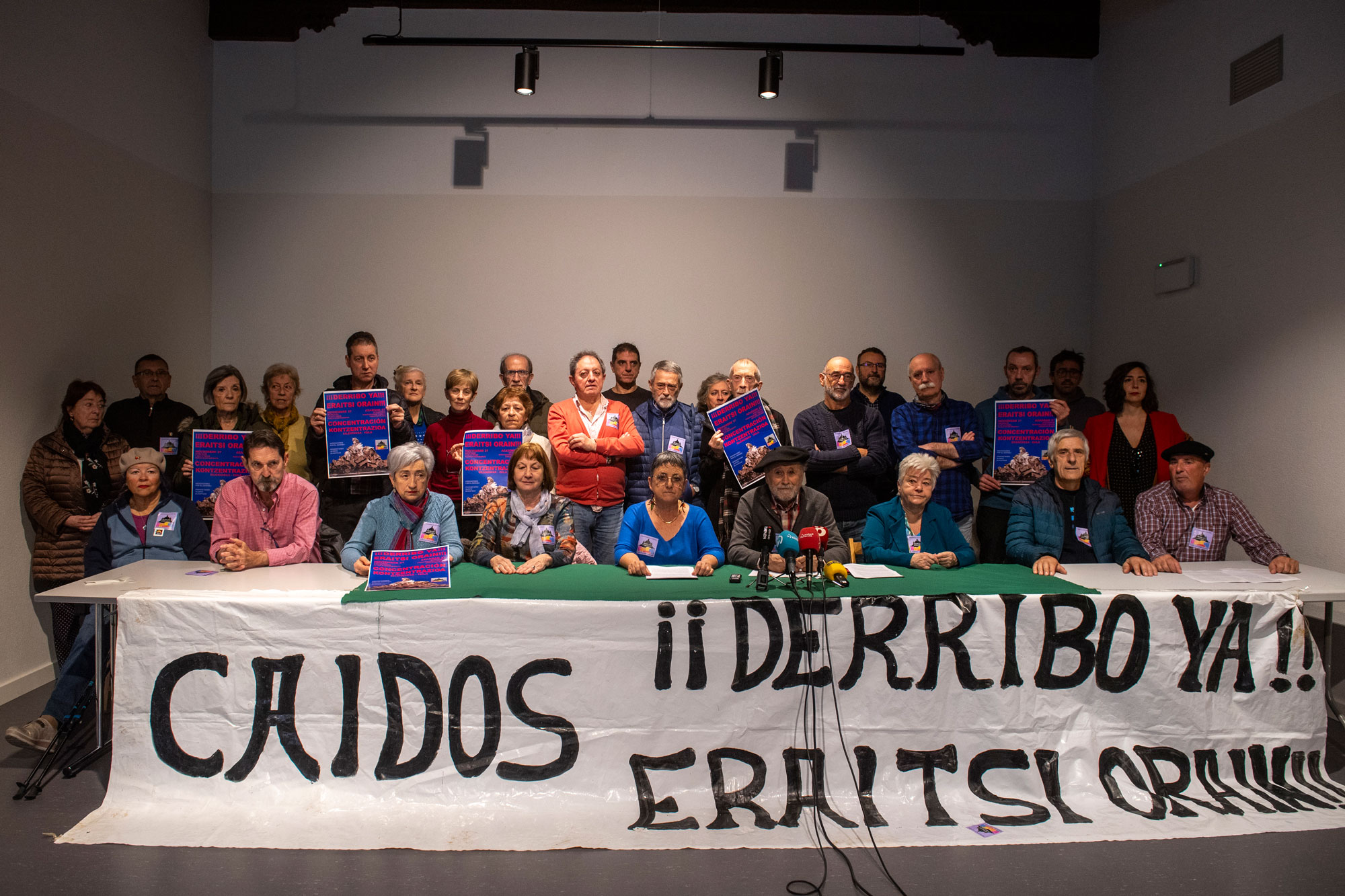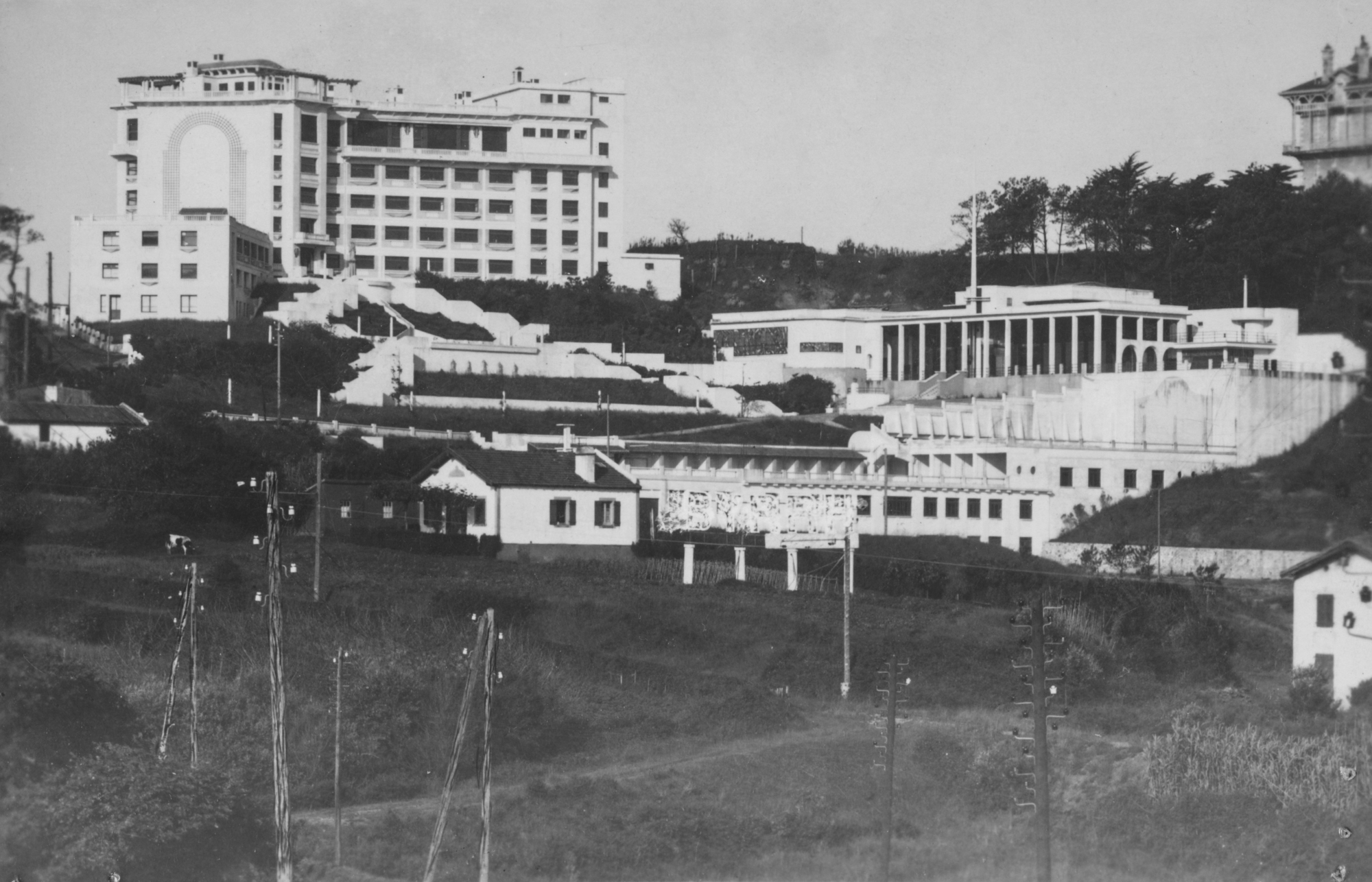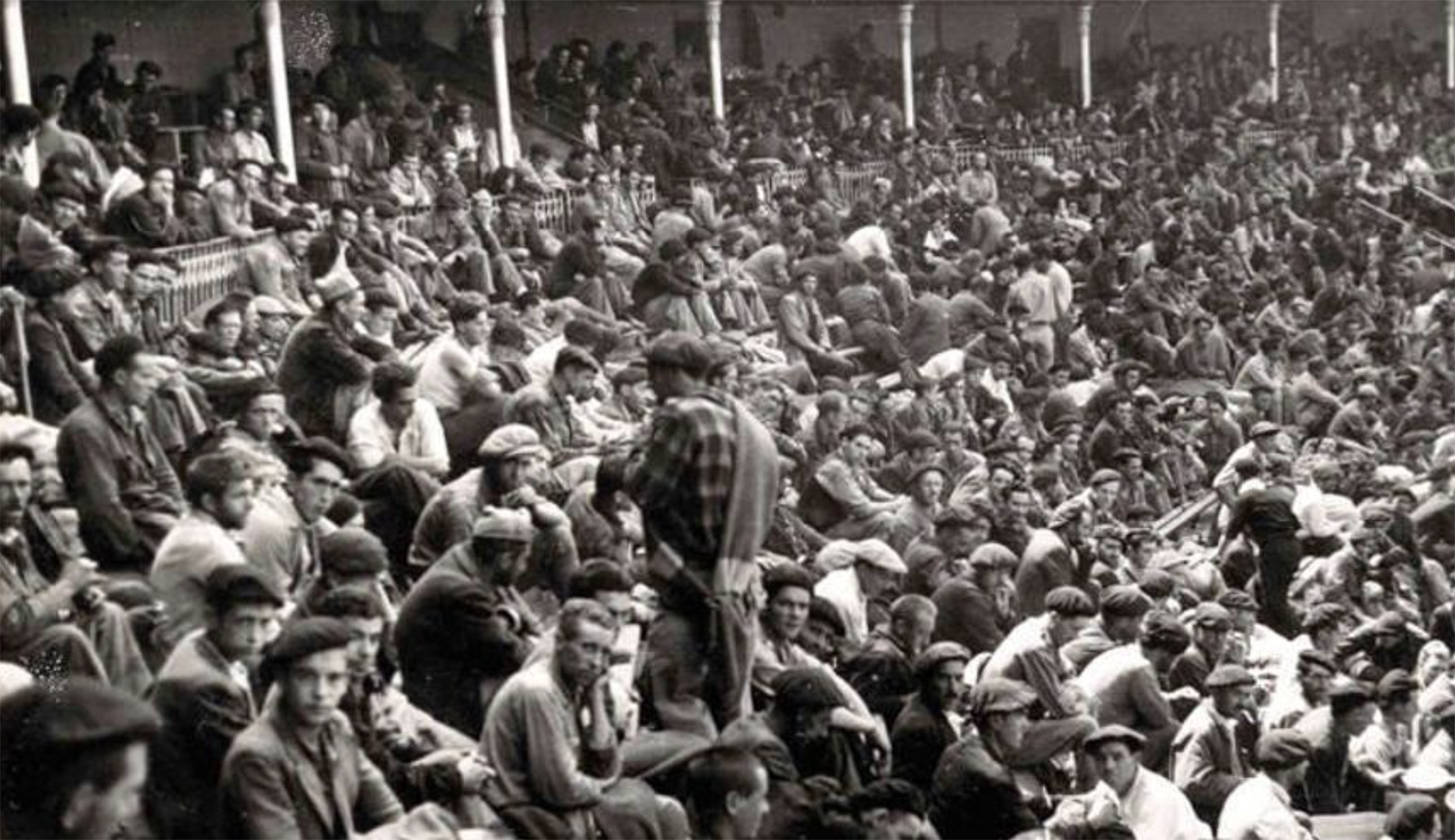Isolated Basque Pesetas
- Bilbao, October 1936. Two weeks after the proclamation of José Antonio Agirre as lehendakari, the Department of Finance of the Basque Government chaired by Eliodoro de la Torre approved in August a decree, which was approved by the Bizkaia Defense Board, ordering the issuing of banknote checks under its funds at the Banco de España.

It was a question of ensuring the circulation of money, since, as is customary in the war zones, it tended to raise money.
Part of the decree said: “Therefore, uprooting must be corrected by heroic solutions to avoid, on the one hand, the accumulation of capital in the hiding places of the most palpable and absurd egoism and, on the other hand, that the fertile treasure of our country does not escape the borders of the territory to feed other regions at the expense of the financial juice of our land.”
The government, made up of representatives of the PNV and the Popular Front, inevitably reached the level of self-government that the Spanish Republic had previously rejected. It achieved the approval of the Statute of Autonomy in October 1936; at the outbreak of war, the central republican government wanted to guarantee the protection of the Basque territories. From Gipuzkoa to Asturias, the coastline was still in the hands of the Republicans, but completely isolated from its main area. And until March 1937, until the Francoists resumed the offensive, the front remained stable. This situation is conducive to the Basque Government having a short but intense activity. In addition to issuing cash, he distributed passports, reorganized the judicial system, set up delegations abroad, organized an army of 40,000 soldiers...
The initial banknotes issued by nine banks and boxes were of low quality and by a decree of April 1937 new banknotes were made with typical Basque (and topical) scenes on the reverse, in addition to a high quality nickel and coins of two pesetas.
Bilbao fell in June, and together with the city, most of the achievements of the first Basque Government. However, there are some “Basque” tickets that have been saved and that are worn down, at least in just two months, that fulfilled their function and that were in intense traffic.
Iazko uztailean, ARGIAren 2.880. zenbakiko orrialdeotan genuen Bego Ariznabarreta Orbea. Bere aitaren gudaritzaz ari zen, eta 1936ko Gerra Zibilean lagun egindako Aking Chan, Xangai brigadista txinatarraz ere mintzatu zitzaigun. Oraindik orain, berriz, Gasteizen hartu ditu... [+]
Gogora Institutuak 1936ko Gerrako biktimen inguruan egindako txostenean "erreketeak, falangistak, Kondor Legioko hegazkinlari alemaniar naziak eta faxista italiarrak" ageri direla salatu du Intxorta 1937 elkarteak, eta izen horiek kentzeko eskatu du. Maria Jesus San Jose... [+]
1936ko Gerran milaka haurrek Euskal Herria utzi behar izan zuten faxisten bonbetatik ihes egiteko. Frantzia, Katalunia, Belgika, Erresuma Batua, Sobietar Batasuna eta Amerikako herrialdeetara joandako horien historia jasotzeko zeregin erraldoiari ekin dio Intxorta 1937... [+]
Ezpatak, labanak, kaskoak, fusilak, pistolak, kanoiak, munizioak, lehergailuak, uniformeak, armadurak, ezkutuak, babesak, zaldunak, hegazkinak eta tankeak. Han eta hemen, bada jende klase bat historia militarrarekin liluratuta dagoena. Gehien-gehienak, historia-zaleak izaten... [+]
Pamplona, 1939. At the beginning of the year, the bullring in the city was used as a concentration camp by the Francoists. It was officially capable of 3,000 prisoners of war, at a time when there was no front in Navarre, so those locked up there should be regarded as prisoners... [+]









